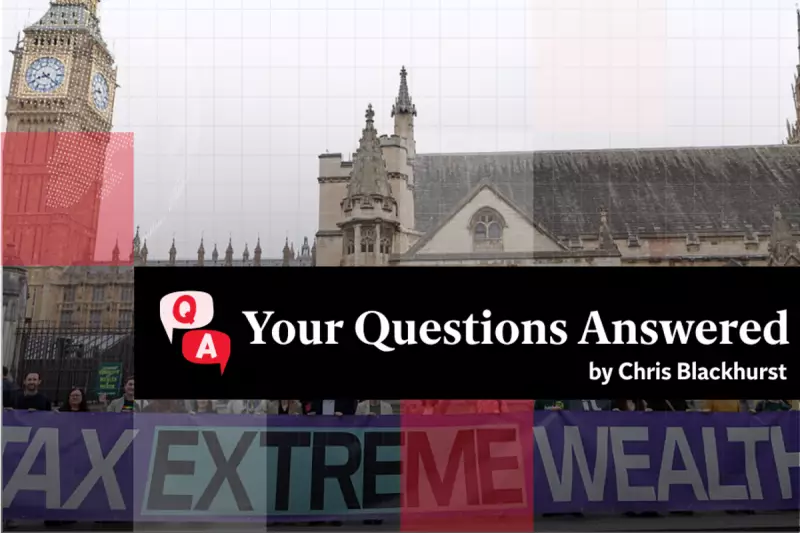
The Labour Party has unveiled plans to overhaul the UK's tax system by targeting non-domiciled residents, a move that could see wealthy individuals paying significantly more in taxes. Shadow Chancellor Rachel Reeves announced the proposal, arguing it would generate billions to fund public services while ensuring "fairness" in taxation.
What Are Non-Doms and Why Are They in the Spotlight?
Non-domiciled residents, or "non-doms," are individuals who live in the UK but claim their permanent home is abroad. This status allows them to avoid UK taxes on overseas income unless it is brought into the country. Labour claims this system unfairly benefits the super-rich, with some paying little to no tax on vast global earnings.
How Would Labour's Plan Work?
The proposed reforms would:
- End permanent non-dom status after four years
- Close inheritance tax loopholes for offshore trusts
- Introduce stricter reporting requirements for foreign assets
Conservative Chancellor Jeremy Hunt has dismissed the plan as "economically dangerous," warning it could drive wealth creators out of the UK. However, independent analysis suggests the changes could raise up to £3.2 billion annually.
The Political Battle Over Taxation
With the next general election approaching, taxation has become a key battleground. Labour argues its plan would create a fairer system, while the Conservatives maintain that current rules attract investment and high earners to the UK.
Experts remain divided on the potential impact, with some economists predicting short-term revenue gains but long-term risks to the UK's competitiveness as a financial hub.





